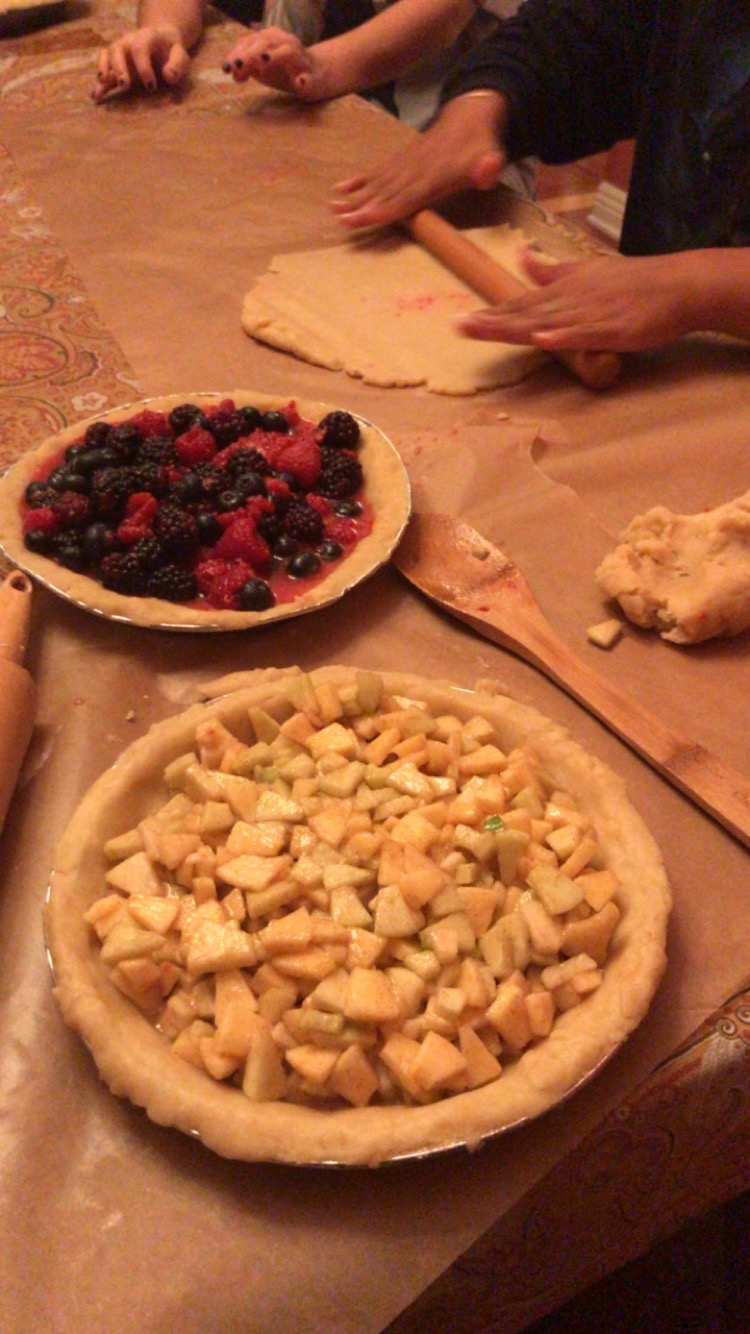Context: The informant, a 20-year-old female college student who was enrolled in the ANTH 333 during a prior semester, was eager to participate in my folklore collection. She shared some folklore with me that she has collected throughout her childhood and her time at USC. The following is an excerpt from our conversation, in which the informant described a cultural festival that she has taken part in every summer since she was a child.
Text:
Informant: Okay, so one thing that I think is particularly interesting is that every summer there’s a festival called the Juneteenth Festival. Basically, it’s called Juneteenth because it’s for black Americans and basically June 19th was the day the slaves were freed, but because slaves couldn’t say June 19th, they started saying Juneteenth and nobody ever changed the name of the festival. So, it’s been like going on since then and so now we celebrate it as “Juneteenth.” It’s a really cool way for me to personally feel a connection with my African heritage because that’s not something that I normally practice because I have a very American identity. But Juneteenth, what happens at a Juneteenth festival? So there’s a lot of dancing, a lot of praise dancing that happens. A lot of it like revolves around a lot of gospel music and there’s also… gosh there’s like Swahili that’s spoken at a lot of them. A lot of it intersects with Christianity, which is interesting and it’s probably where the gospel music comes from. But yeah, usually they are in parks and there’s usually jazz music. We celebrate a lot of black American culture, so there’s like jazz music and Hip-Hop and… black things. And yeah, it’s a family-friendly event. I think it’s really popular in the south. My dad was the one who made us go to every Juneteenth Festival because it’s really popular in Oklahoma, and that’s where he’s from. And my mom, who’s from Louisiana, knew about Juneteenth and celebrated that there, so I think it’s a really big thing in the south. But there’s a Los Angeles Juneteenth Festival that’s held every summer, which is the one that I went to, and I originally started going to because my dad is a bass player and he always played at the Juneteenth Festivals.
Informant’s relationship to this item: The Juneteenth festival holds a lot of personal significance for the informant because she attends it every year with her family. The informant described how the festival helps her feel connected to her Black American identity, from which she typically feels more removed. The entire festival serves as a reminder of the black experience in America, including the languages that are spoken there, the genres of music that are played, and even the festival’s name, which originated from the speech patterns of American slaves. The festival is also an important event for the informant’s family, as the informant’s father — a professional bass player — plays music as part of the festivities.
Interpretation: The Juneteenth festival is an example of a festival that has spatial and temporal significance. The festival typically takes place in parks in order to emphasize its family-friendly message. Additionally, it takes place on June 19 every year because that is the date in which slaves were freed in America. Thus, the date holds a lot of cultural significance to Black Americans and is a fitting date for a celebration of the African American experience. The festivals appear to have a prescribed syntax, or order of events. The informant described several events that regularly take place at Juneteenth festivals, specifically folk music and dances that always occur. Festivals also usually take place in order to project a certain message to both insiders and outsiders. In this case, the Juneteenth festival appears to communicate pride, resilience, and determination in the context of the history black America and the current experiences of black citizens.

